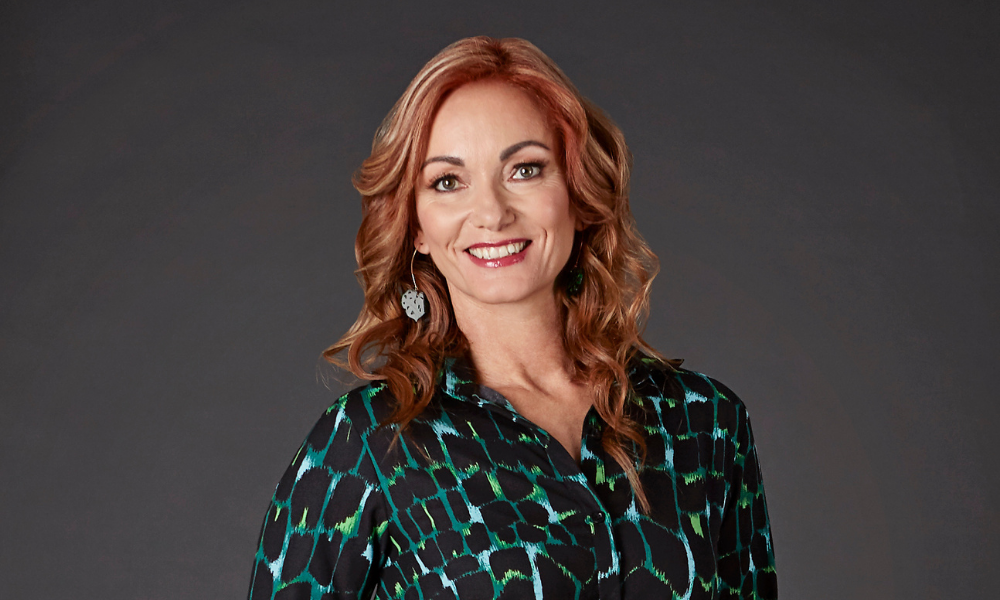Consider using this checklist

Mortgage advisers across New Zealand are working closely with first home buyers to help them secure their first home.
Insurance & Lending Group mortgage adviser Rachael Thompson (pictured) has created a checklist that she uses when working with her first home buyer clients.
Save the biggest deposit you can
Whether that’s for buying now or in the future, putting aside as much savings as you can will help with buying a home. Some first home buyers are using their Kiwisaver or help from the ‘bank of mum and dad’ Thompson said.
Run through potential numbers with an adviser
“It is important to understand if a client can buy now, or if they might need to save a little more to understand how they can best use their income and what their mortgage repayments would be,” she said.
Read more: Property prices tumble across New Zealand
Be pre-approved first
“It is important to get pre-approved first, so your clients know they are shopping in the right price range in the right area,” she said.
Write a list of must-haves
“I say write out a list of top 10, then review and see what you can do without. Then cull that list from wants to essentials,” she suggested.
Consider purchasing with someone else
“As we see property prices increasing, cost of living rising, and income not keeping up, I think we will see more syndicated home buying in the future,” Thompson said.
“I suggest to my first home buyers they may want to consider buying with a family member or friend, as if people are flatting and paying the same amount in rent, why wouldn’t they utilise their savings to try and buy a home?”
Read more: Auckland and Wellington property prices – what's happening?
Do your due diligence on the market
“Understand what options are available with existing properties and new-builds and see what is available in your clients price range,” she said.
Review your employment and income situation
“It can be hard for someone who is a contractor compared to a salaried employee, so review their pathway to how it will help/affect them get into their own home,” Thompson said.
Putting extra money aside
“A lot of first home buyers do not realise there are associated costs involved for legal, building inspections, low equity fees etc so I recommend keeping some of your deposit aside to cover these costs or saving extra funds for them,” she said.
Thompson said interest rate rises aren’t the main thing that are affecting buyers entering the market as much as lending changes and CCCFA regulations are.
“One of first home buyer’s largest struggles is needing the 20% deposit to buy an existing home with lenders having less funds available under the Reserve Bank’s restrictions,” she said.
“Banks are on and off with the tap at the moment with some changing their lending policies around first home buyers and their lending to new clients.”
Thompson said with interest rates rising, the cost of borrowing is higher with the flow on from lenders increasing their servicing.
“This is frustrating for first home buyers who had pre-approval now and are now being pre-approved for a lower amount,” she said.
Thompson said stand-alone houses on smaller sections of land on the outskirts of city centres are popular amongst her first home buyer clients.
“For those in Auckland, they are considering moving to areas such as Stanmore Bay or contemplating an existing townhouse or units in a complex of two, three or four without a body corporation,” she said.
“First home buyers can secure these types of properties now and value add when they save more money.”



